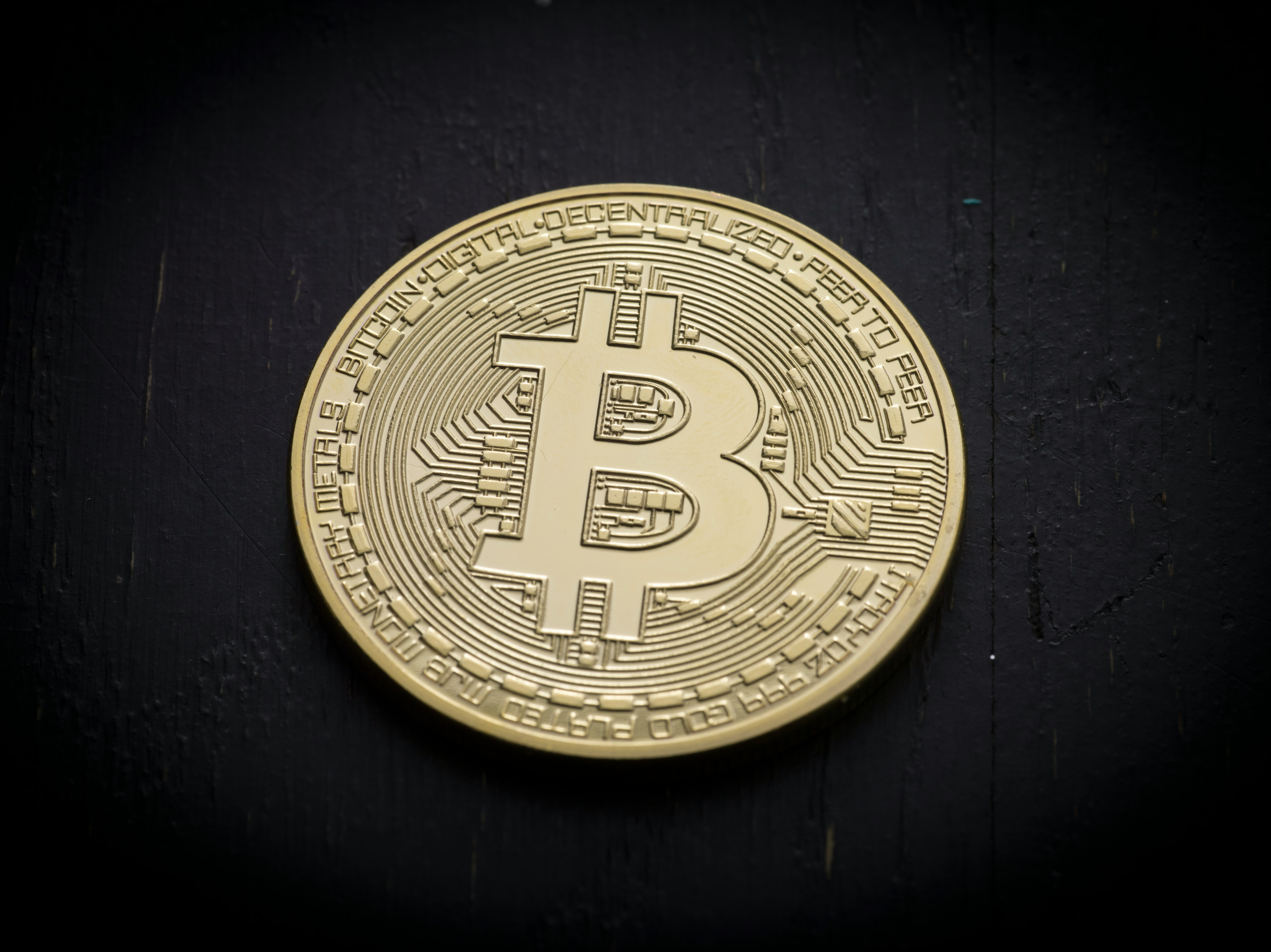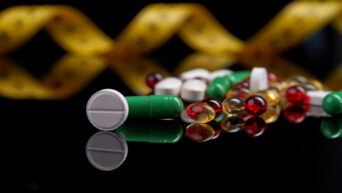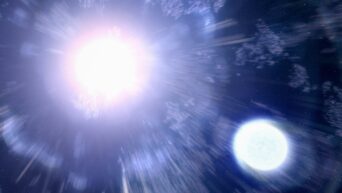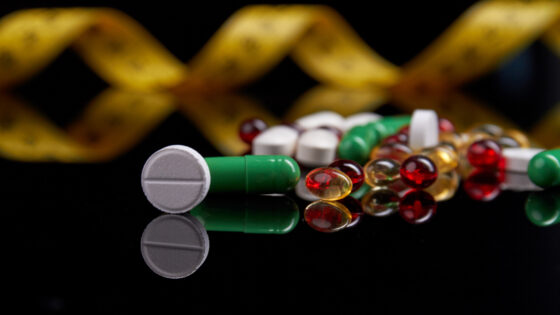
Credit: Unsplash
These ain’t your grandma’s milliseconds.
You ever have one of those arguments growing up about who could name the biggest number? You’d go millions, billions, trillions, and then some kid would just say infinity or googolplex and ruin the whole thing. But you know what nobody ever talked about? Smaller numbers, specifically smaller measurements of time. It’s not exactly common knowledge; who keeps track of anything below milliseconds, after all? I’ll tell you who: scientists, and they’ve got a measurement that makes milliseconds look like millennia by comparison.
A group of researchers from Goethe University in Germany, led by Physicist Reinhard Dörner, were conducting experiments to determine how long it takes a particle of light to cross through a hydrogen molecule. Remember, science isn’t about “why,” it’s about “why not.” Anyway, the length of this process is so unfathomably fast, that traditional measurements of time are far too broad. Luckily, back in 2016, a separate study published in Nature Physics coined a new time measurement term: zeptoseconds. A zeptosecond, to put it in perspective, is a trillionth of a billionth of a single second, or, if you prefer, 0.000000000000000000001 seconds. Yeah. That’s fast.
The 2016 study only managed to narrow zeptoseconds down to larger increments of approximately 850. This newer study, however, narrowed the field far more. Based on the researchers’ estimates, it takes approximately 247 zeptoseconds for a light particle to completely pass through a hydrogen molecule. Dörner and his team were able to observe this fascinating phenomenon thanks to x-rays procured from the PETRA III at Deutsch Elektronen-Synchrotron (DESY), a particle accelerator located in Hamburg.
What are the practical applications of this? Absolutely nothing. But it is interesting, and the last time someone made a major time discovery, that being the coining of femtoseconds in 1999 to measure the breakage and forming of chemical bonds, they got a Nobel Prize. So hey, maybe they’ll get a prize themselves for this.
































